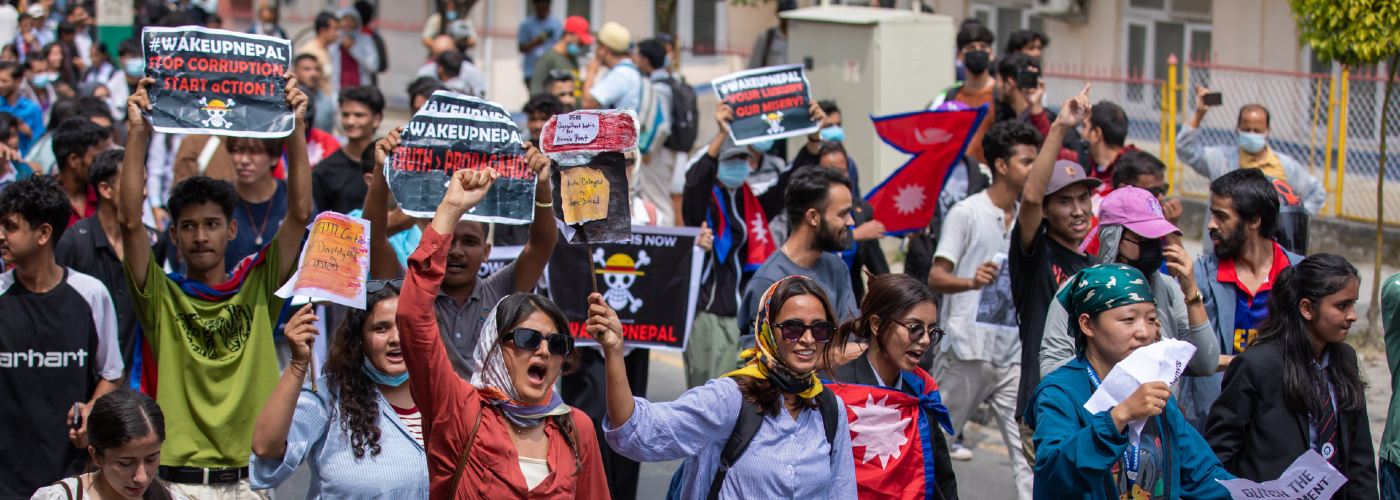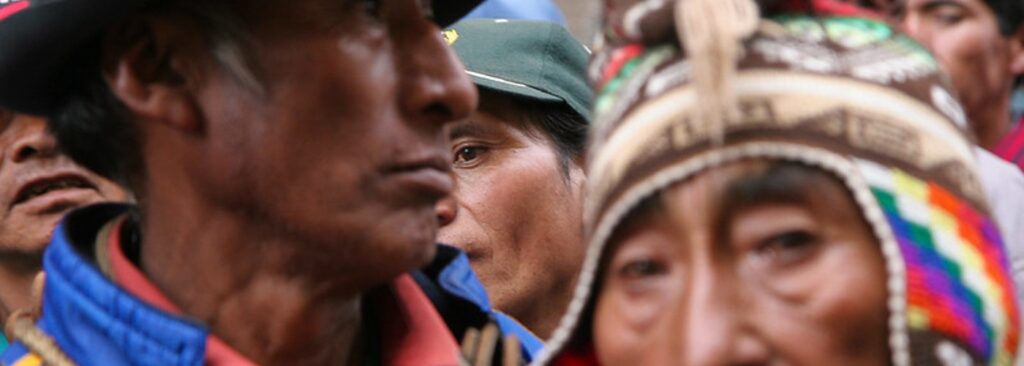Security forces in Nepal used lethal force against protesters calling for the lifting of a social media ban and an end to corruption and bad governance. At least 51 people have been killed and more than 1000 injured, some critically, as a result of the violence. The authorities, in coordinating with the military, are currently planning dialogues with protest leaders.
- Civil society calls for accountability and respect for the constitution after violent repression of protests.
- Protests held by mostly young people triggered by corruption, digital repression and social media ban.
- Protests were preceded by concerns from civil society about legislation that threatens right to association.
- These developments signal not only a human rights crisis but also serious risks to constitutional order and democratic governance.
On 4 September, the Ministry of Communication and Information Technology, through a Social Media Directive for managing the use of social networks imposed a ban on 26 social media platforms including WhatsApp, X, Instagram and Facebook. The ban was lifted on 8 September after protests intensified following the killing of protesters by security forces on 8 September, but protests continued. The authorities also imposed a curfew in some districts in an attempt to prevent more demonstrations.
The response to the protests has precipitated a national crisis as government buildings have been torched and the homes of government ministers attacked by vigilante groups that have emerged alongside the protests.
The violent response to youth-led protests is preceded by concerns from civil society about the government’s recent attempts to constrain freedom of association including through a draft NGO registration, regulation and management bill. Nepalese civil society has called on the government to review the bill and replace restrictive provisions that threaten to roll back gains made in advancing freedom of association.
Respect for the people’s aspirations for democratic change, including the devolution of power to the younger generation leading these protests, is essential. Inclusive governance and meaningful citizen participation are fundamental to building democratic societies and achieving sustainable development. Guaranteeing these values in Nepal is vital to achieving the long-awaited vision of a prosperous and democratic country.
We urge the Nepalese authorities to:
- Respect the rule of law and the rights to freedom of assembly, association and expression, including digital rights.
- Comply with the basic principles on the use of force and firearms by law enforcement officers when responding to protests, in line with international standards.
- Carry out independent investigations into the violence against protesters and protester deaths and create accountability for violations by security forces.
- Ensure power devolution to the younger generation and uphold the aspirations for democratic change.
- Guarantee sustainable development and inclusive participation of civil society as essential to Nepal’s future.
Signed,
About EUSEE
The EU System for an Enabling Environment for Civil Society (EU SEE) is a consortium of international civil society organizations and network members in 86 countries. The partnership implements an Early Warning and Monitoring Mechanism to document changes and shed light on critical trends in the enabling environment for civil society. EU SEE works with civil society to detect and respond to deteriorating conditions for civil rights and freedoms. One of its components sheds light on both progress and obstacles affecting the ability of civil society to do its work. The other responds to the need for more flexible and timely financial support for civil society in situations of urgency.




